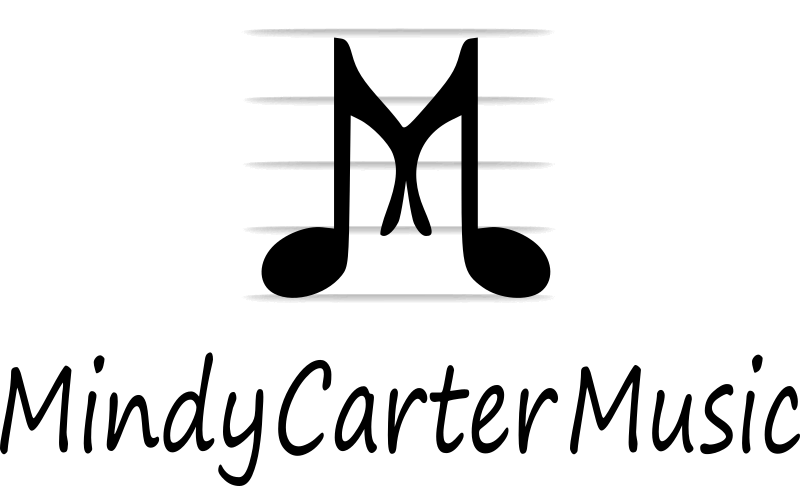Piano Lessons
PIANO LESSONS
There’s growing scientific evidence that shows piano actually make you smarter, happier, and healthier. The cognitive demands of learning piano could help with everything from planning skills, coordination, language development, mathematical skills, and reading and memory skills. It also helps to relieve, stress, anxiety, and depression. Children and older adults benefit in many ways from learning piano Plus it’s just FUN!
Common questions you may have about piano lessons…
What is the best age to begin piano?
There is no right age to begin piano lessons. Some students begin at a young age and some in retirement. However, children between the ages of six and seven are in that “golden” window of opportunity when intelligence, enthusiasm, and fine motor skills converge together to give the child the greatest chance of success. That doesn’t mean that your 5 year old isn’t ready though or that you can’t start at age 65. We ALL can benefit from learning music!
What if I don’t have a piano?
I highly recommend getting a keyboard before even considering buying a piano in the early stages of lessons. There are many great affordable keyboards for beginning students. When you decide to make this a long term commitment, then look into buying a piano. However, there are some really nice keyboards that I like even better than some pianos.
Can I learn to play pop songs?
Yes! Absolutely. When your goal is to play pop songs, I highly recommend combining the traditional method and the chordal method of learning piano. That way you have the ability to read/play the right hand notes and play the chords with the left hand. Or you can play just the chords and sing the melody.
How much should I practice?
It is better to practice frequently in short increments. For young kids I recommend a minimum of 15 minutes, 3 times a week. Eventually that should increase to 20-30 min. Parent will need to supervise in the beginning. For adults, you should practice a minimum of 30 minutes per day, 3 times a week. It is best if you can incorporate practicing within your daily routine. For example, everyday right before or after dinner or before you get ready for bed. The goal is to get in a routine and practice as much as needed to complete your tasks for the week. Remember, you get out of piano what you put into it. It will be worth the time!
